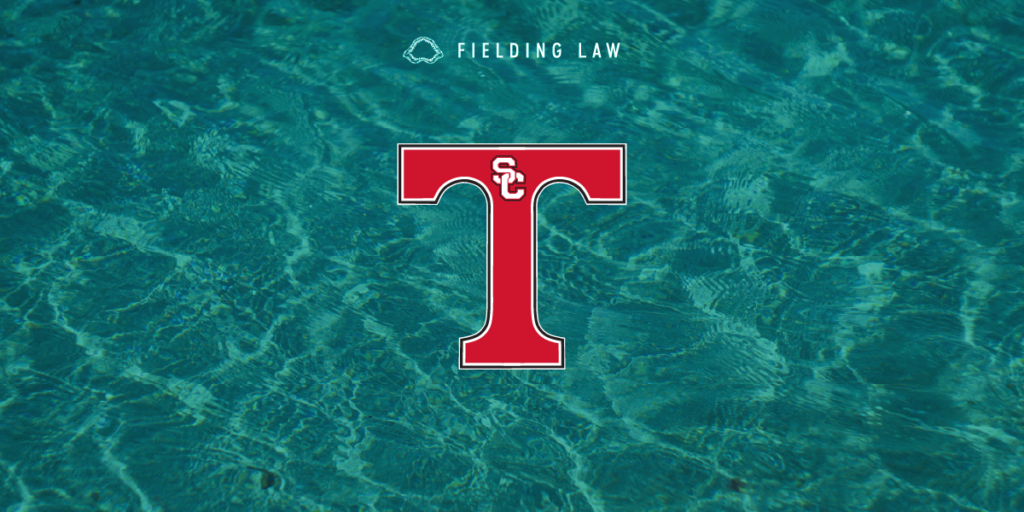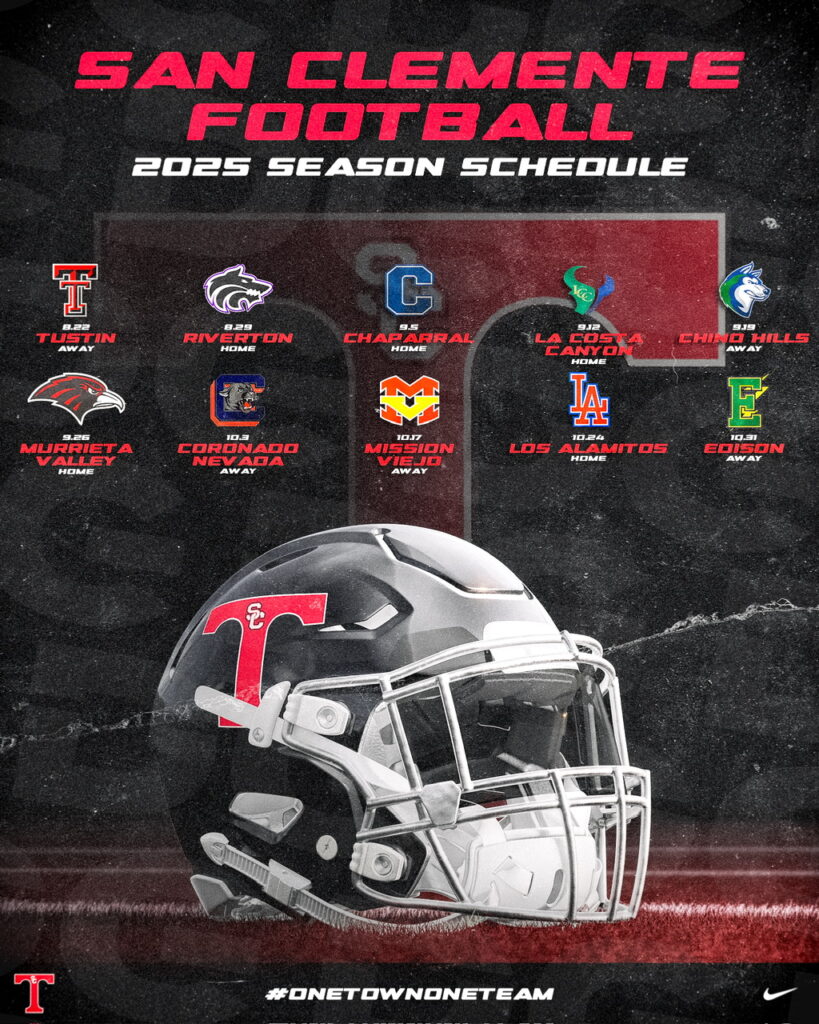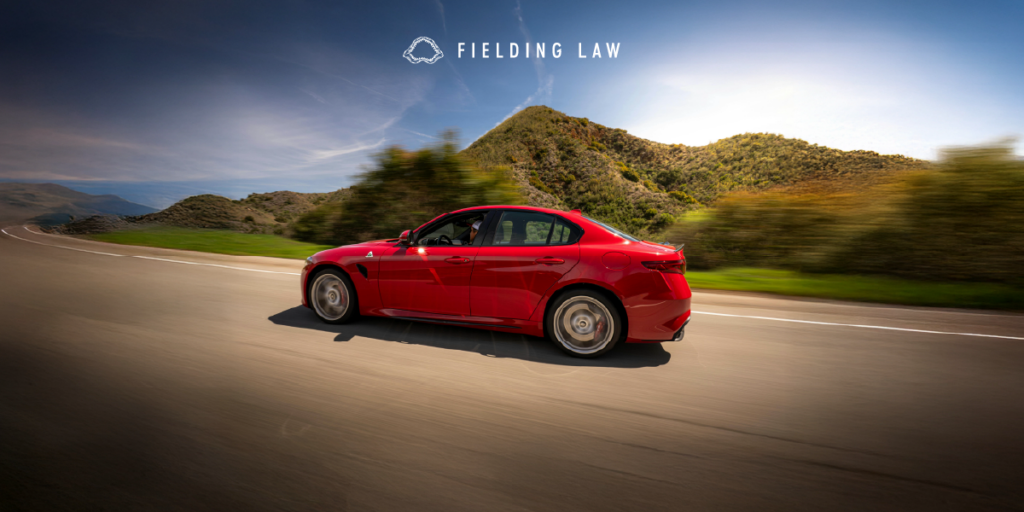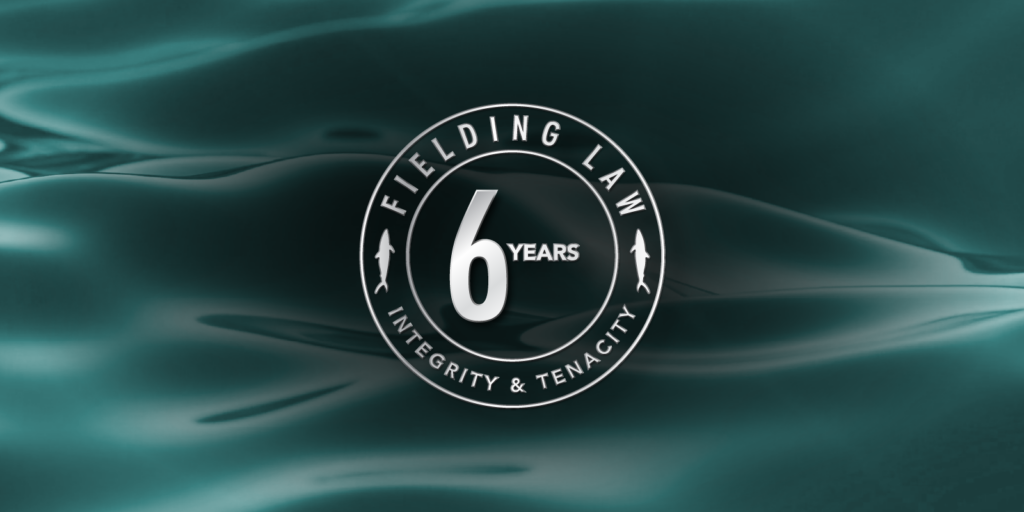
The Fielding Law 6-year anniversary is more than a milestone — it is a reflection of years of hard work, meaningful results, and deep gratitude. Since day one, our mission has been simple: serve injured clients with compassion, capability, and integrity. Six years later, that mission continues to guide everything we do.
A Year of Growth and Recognition
Over the past year, we reached exciting new milestones — including transitioning into a larger office space to support our growing team and better serve clients across California and Arizona.
Founder Clark Fielding was recognized not once, but twice in Modern Luxury’s Riviera OC magazine for his leadership and impact in the personal injury space. He was also featured as a guest on the One Thousand Gurus podcast, where he shared insights on client care, leadership, and purpose-driven law.
Investing in the Community
Giving back remains core to who we are. This year, we proudly supported young athletes across Southern California with sponsorships that include:
-
UCI Baseball (Year 3)
-
San Clemente High School Football, Lacrosse, Softball, Girls’ Flag Football (first year), and Girls’ Wrestling (Year 2)
Grateful for Our Clients
Above all, the Fielding Law 6-year anniversary is a celebration of the people who trust us during some of the most difficult moments of their lives. We are deeply grateful for our clients’ support, referrals, testimonials, and confidence in our work.
Every review, every thank-you, every shared success fuels our purpose.
“Amazing team
The whole team that helped me throughout my whole case were wonderful. Every single one of them was kind and caring.”
Natalee | Clark H. Fielding’s Avvo
“Clark and his team at Fielding Law were outstanding from start to finish. After I was rear-ended, I was left dealing with both vehicle damage and personal injuries. They responded quickly, ensuring I received the medical attention I needed and kept me informed every step of the way. Throughout the entire process, they advocated for me with dedication and professionalism.”
Zachary | Fielding Law – Google California Office
“Won’t find a more caring & professional law firm than the people at Fielding Law. From the receptionists to the lawyers, they checked up on my health & recovery often & we never even discussed money or strategy the first year & a half after I retained them. They only asked about my treatment & doctor’s appointments whenever we conferenced on the phone.”
Chad | Fielding Law – Google California Office
“Special thank you to Clark and the Fielding Law team enough their outstanding work on my mother’s accident injury case. From the very beginning, their communication was exceptional. They always kept us informed every step of the way, explaining complex legal matters in a way that was easy to understand.”
Philip | Fielding Law – Yelp Arizona Office
Celebrating Our Team
We could not do this without our incredible team. From scenic hikes and daily walks to recharge, to ice cream socials, office potlucks, and even a Christmas cookie decorating party, we continue to invest in our culture.
Whether it is a casual soda pop bar or a quick walk around the block, we believe small moments build strong camaraderie. Our team’s bond, energy, and kindness are a big part of what makes Fielding Law feel like home.
Why Hire Fielding Law
When you choose Fielding Law, you are choosing a team that combines legal excellence with genuine empathy. We know how overwhelming an injury can be, and we are here to walk beside you every step of the way. If you or a loved one has been injured, call 833.88.SHARK to connect with our caring team.
Looking Ahead
The Fielding Law 6-year anniversary is a proud milestone — and just the beginning. With every case, every client, and every challenge, we are committed to continuing to rise together.
Note: Information provided is for educational purposes and does not constitute legal advice. Always consult with a qualified attorney for legal concerns.
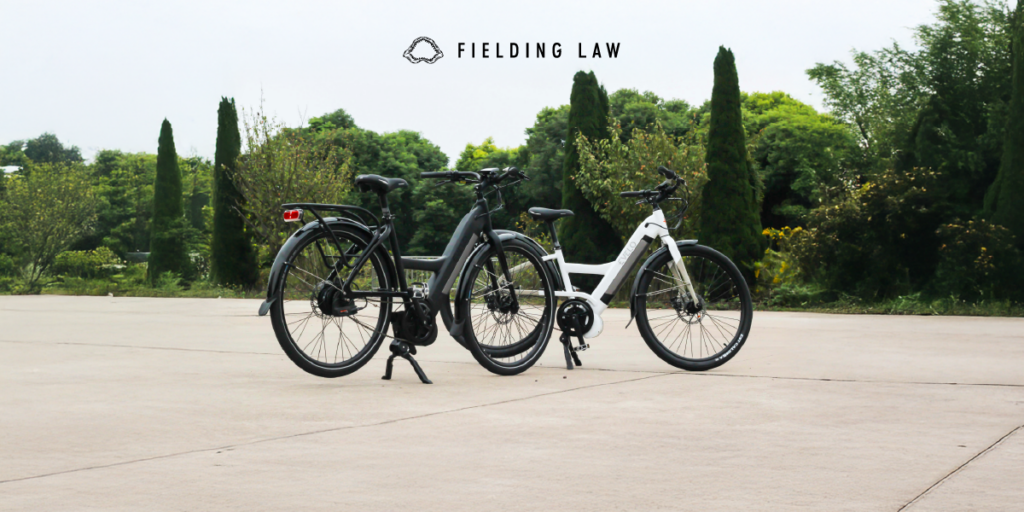
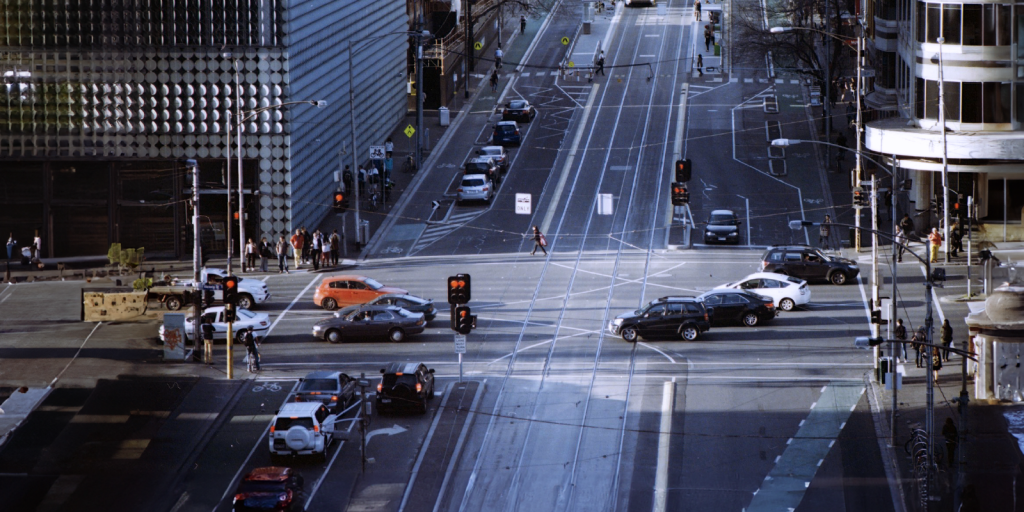
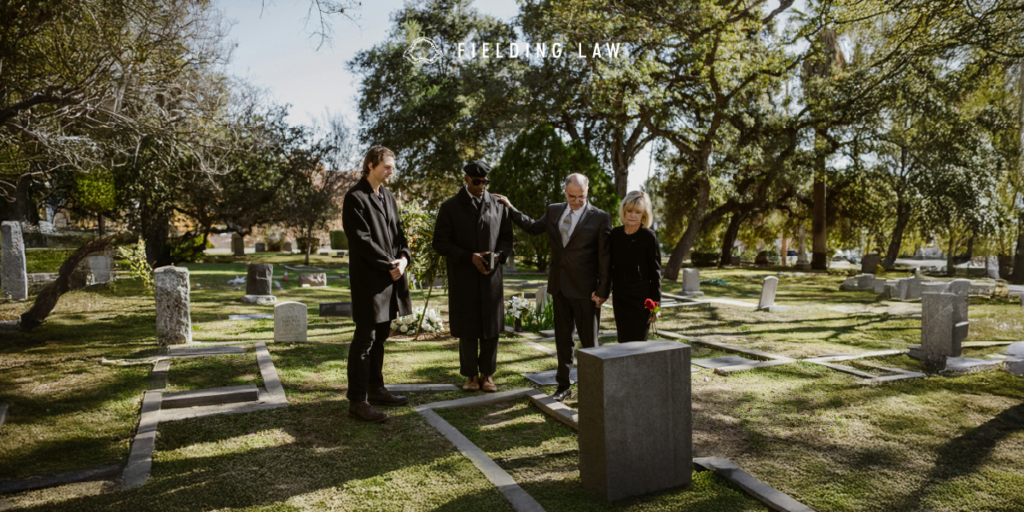
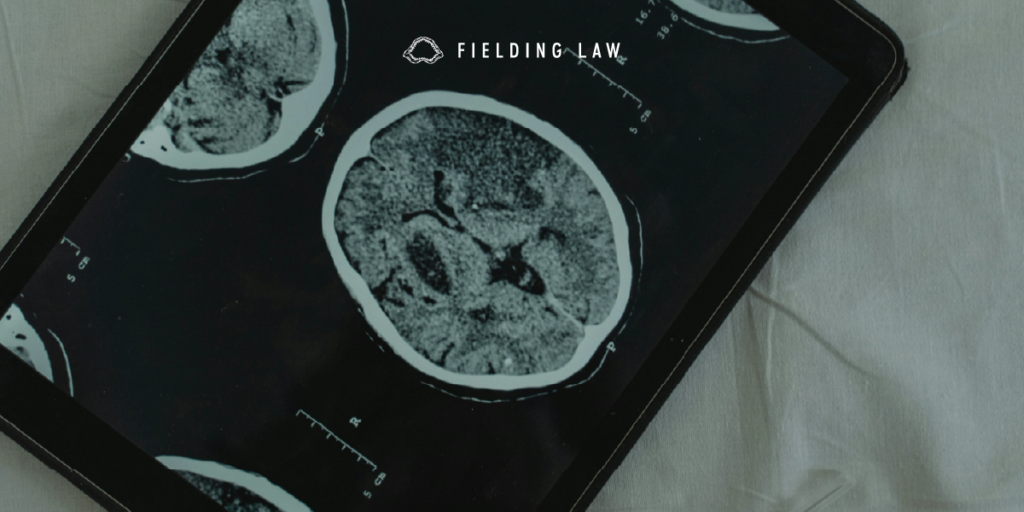
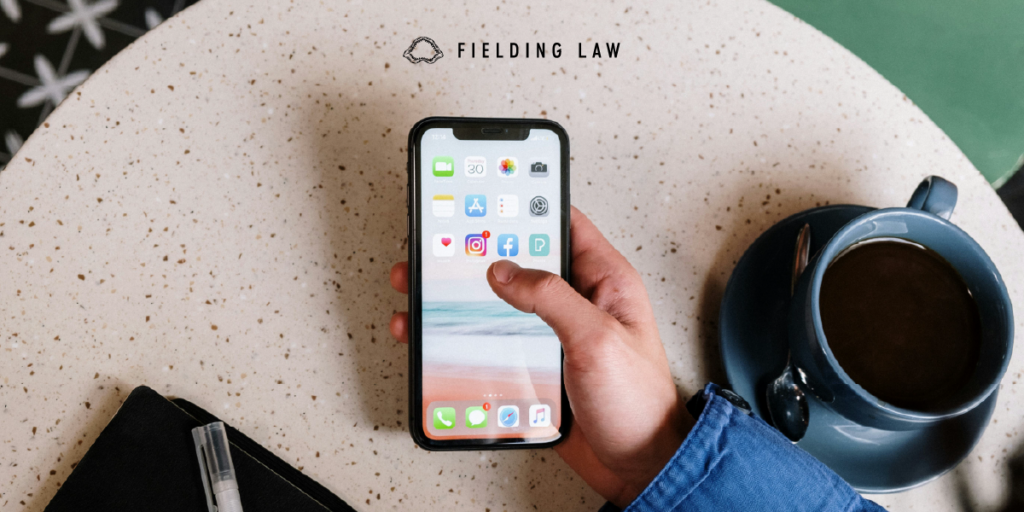
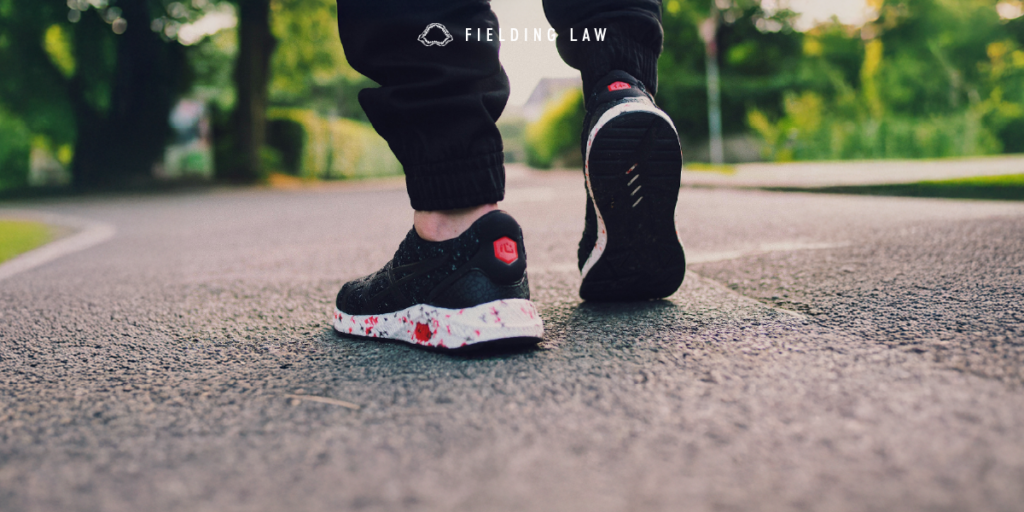
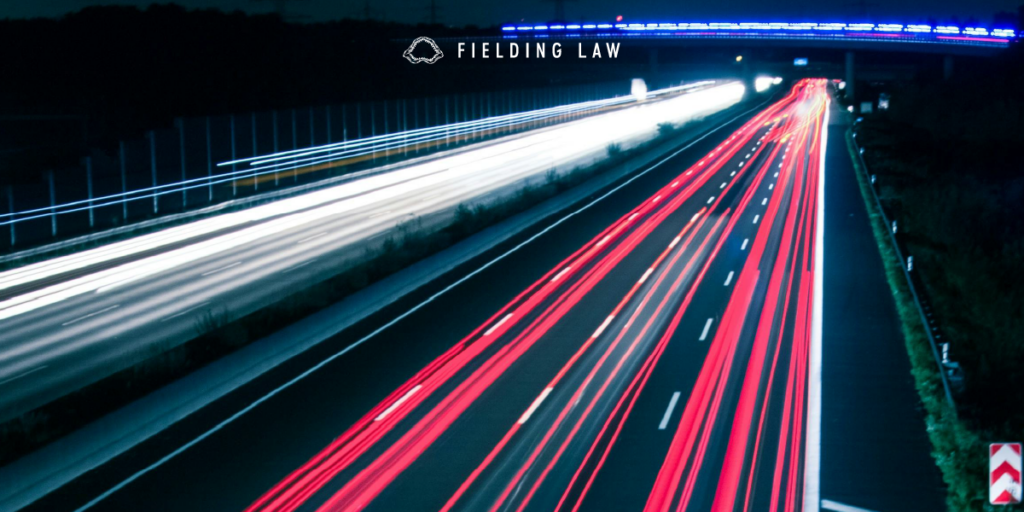
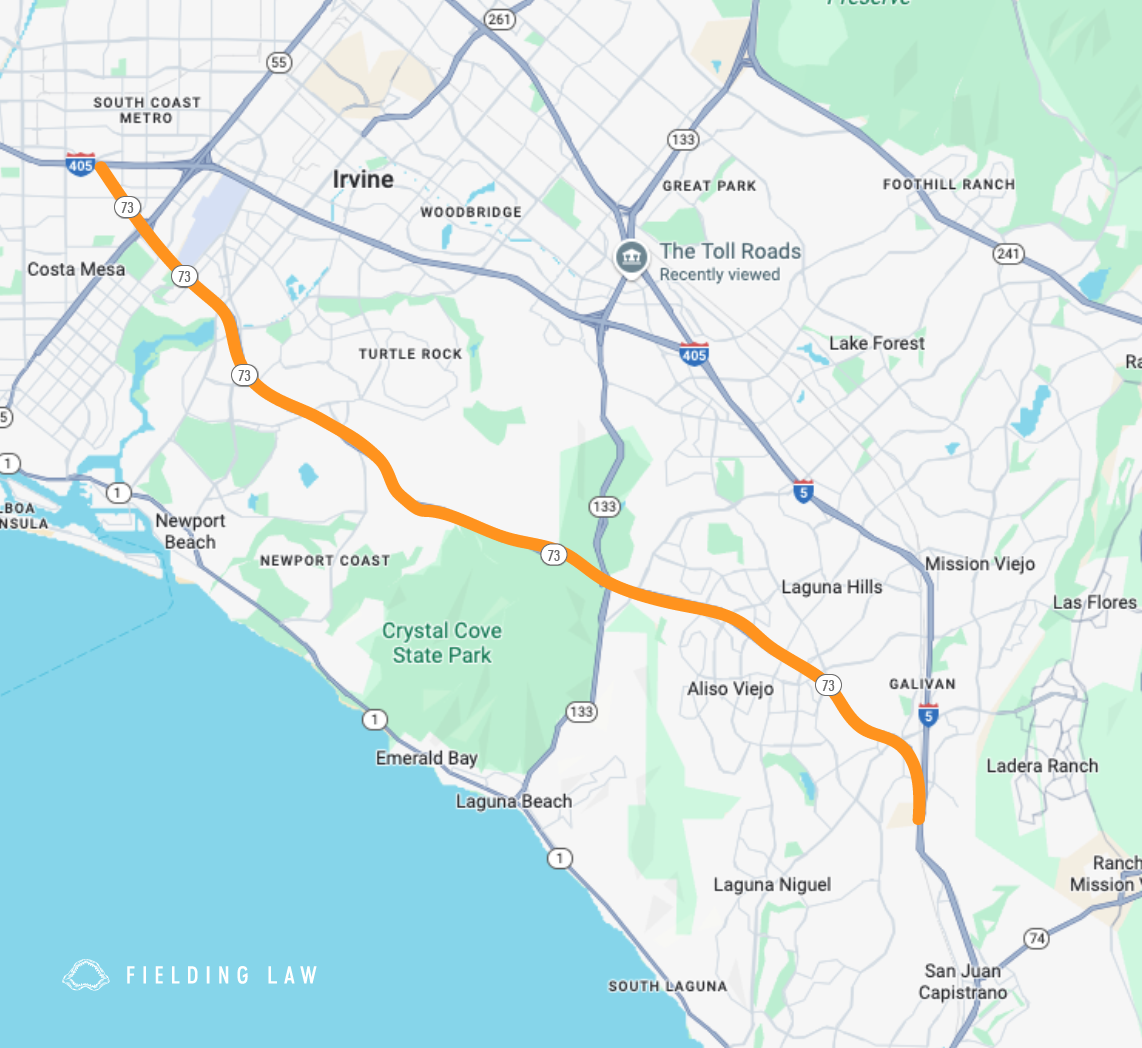 A Growing Problem in Orange County
A Growing Problem in Orange County